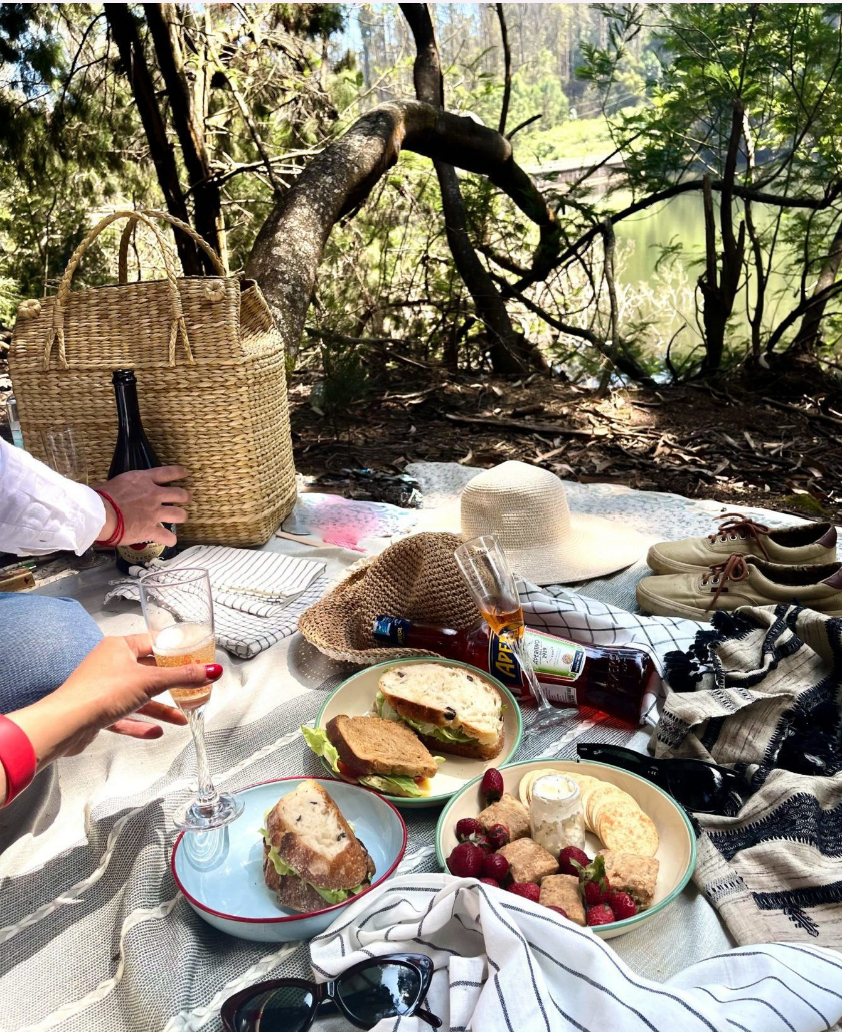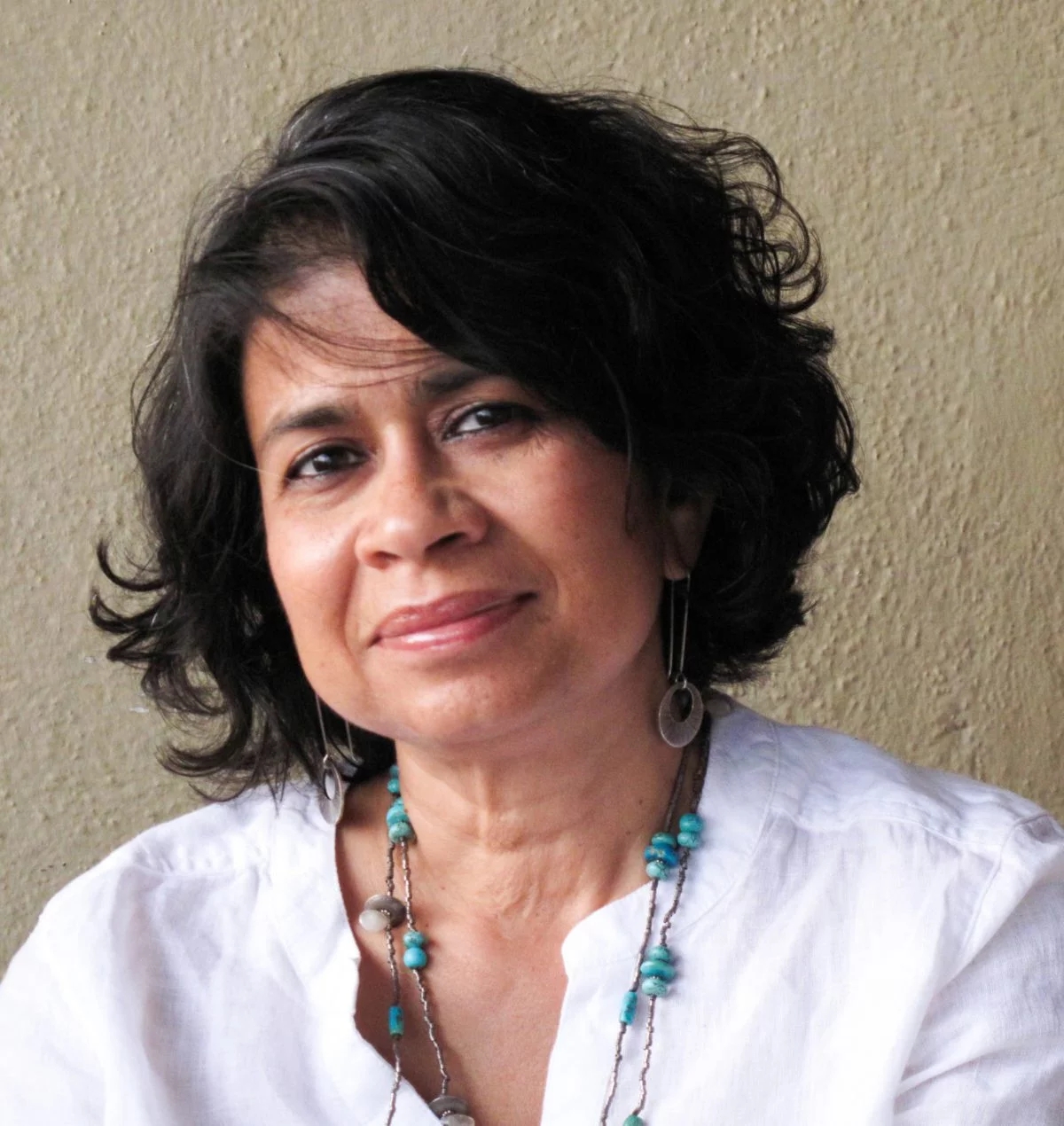Effortless Grace
17 October 2022WORDS BYJenny Pinto
PHOTOGRAPHY BYRamya Reddy
Effortless grace. These are the words that come to me as I walk up the rolling grassy meadows of Sholur, Tamil Nadu, so typical of the shola landscape of the Nilgiri Biosphere Reserve. Words that, over the years, have come to describe the aura of the mountainscape I now live in. The rolling grasslands, punctuated with dense shola forests, the skies ever changing as the clouds roll in, the quality of light, the many varieties of birds, the subtle fragrance of pine and eucalyptus, the wild flowers, and the wild animals with whom we must constantly negotiate common ground. Wandering through this antique landscape, the heart learns a new art of feeling, awakening new ways of being and seeing. With effortless grace.




Several meanings of “gathering” come to me in the Nilgiri mountains. A gathering of villages on a hilltop, a gathering of histories, a gathering of cultures, a gathering of thoughts, the gathering of friends. And yes, a gathering of very ancient mountains, grasslands and forests (parts of the eastern Nilgiris are 2 billion years old). This timeworn mountainscape humbles you, yet envelopes you in a sense of ancient belonging, helping you find a rhythm in the stillness. It is easy to be alone yet not lonely, as thoughts accompany you, memories drift in with no regrets or judgements and the missing pieces gather themselves.


Many cultures have gathered in the Nilgiris over the millennia. There are several indigenous communities, who have been here since time immemorial and still live in hamlets dotted across the mountains with their unique cultures, dress and food. Being close to the borders of Karnataka and Kerala, you will find that many languages are “local”.
India was colonized by the British and many Scottish people made their home in the Nilgiris, as they felt quite at home in the landscape and cold climes. The German, Danish and Swedish missionaries followed. The Swiss then paved the way for the scenic mountain railway, a narrow gauge that still chugs up from Mettupalayam in the plains to Coonoor and Ooty. The British converted some of the sholas into tea plantations, building bungalows that still have Scottish names like “Dunmore” and “Strathern”. Over the years, plantation workers came from all over South India, Sri Lanka and even China, so today there is an interesting gathering of cultures and cuisines. There are, of course, the ubiquitous tea plantations that replaced much of the shola forests. The indigenous people still supplement their cultivated crops with foraged greens, tubers, mushrooms and wild-caught fauna. The local farmers continue to grow baby carrots, leeks, broccoli, strawberries and kale that make their way into local and urban kitchens all over. In 1947, after India gained her independence, along with the tea business, the British also left behind their roast meats, filo pastry, butter biscuits and caramel custard that mingle deliciously with all the local Tamil and Badaga flavours with, yes, effortless grace.
As a recent migrant here, living in the Nilgiris is “easy like Sunday morning”. It is easy on the eyes, easy to move around, easy to meet people and make friends. There are the old-timers, who have been in the Nilgiris for generations, many of them tea planters, and then there are the newcomers like me, who have adopted the Nilgiris as home as many of us enter our senior years. This growing community, from Delhi, Mumbai, Hyderabad, Bangalore and other metropolises, have moved from high-pressure careers and unyielding urban spaces to the Nilgiris, a place that gives in myriad ways, with effortless grace.
New friends meeting like old friends. As C. S. Lewis wrote, “Friendship is unnecessary, like philosophy, like art, like the universe itself… It has no survival value; rather, it is one of those things which give value to survival.” That value is often brought to the table, because the food is always thoughtfully prepared and always superb. Some of the best Mughlai, Hyderabadi, Thai, Mangalorean, Andhra and Malayalee food I have tasted has been right here in Nilgiri homes.
Do good cooks get attracted to these hills or do the hills inspire you to cook?
It’s probably a little bit of both because the fresh markets here are a delight to walk around in and it’s heartening to know that the produce is mostly local and has a lower carbon footprint. The Nilgiris district is after all the vegetable patch of South Indian cities. The meats are also pretty special because the animals are mostly free range and grass-fed. Garden-to-table eating is also common as many people have kitchen gardens and what is delightful for newcomers to the Nilgiris like me is that people are always sharing gardening tips, saplings and seeds. This has made a gardener out of me and I can tell you that nothing compares to walking out into your garden, as your sauce is simmering, to pluck fresh rosemary or thyme. Or the sheer delight of foraging for nasturtiums to brighten up your salad.
It’s probably a little bit of both because the fresh markets here are a delight to walk around in and it’s heartening to know that the produce is mostly local and has a lower carbon footprint. The Nilgiris district is after all the vegetable patch of South Indian cities. The meats are also pretty special because the animals are mostly free range and grass-fed. Garden-to-table eating is also common as many people have kitchen gardens and what is delightful for newcomers to the Nilgiris like me is that people are always sharing gardening tips, saplings and seeds. This has made a gardener out of me and I can tell you that nothing compares to walking out into your garden, as your sauce is simmering, to pluck fresh rosemary or thyme. Or the sheer delight of foraging for nasturtiums to brighten up your salad.


The gathering of friends in the Nilgiris is pretty laissez-faire. It’s usually over long, unhurried lunches, meeting just for meeting’s sake, laughing and living in the moment.

Whatever forms and functions “gathering” takes in our lives, it is the gathering of self that is something most of us strive for all our lives. Finding the missing pieces, gathering the grace and gratitude to find joy in what we have. That is something these mountains, and all mountains, help you do. Losing, finding and gathering yourSelf. As John Muir wrote, “Into the mountains I go, to lose my mind and find my soul.”

